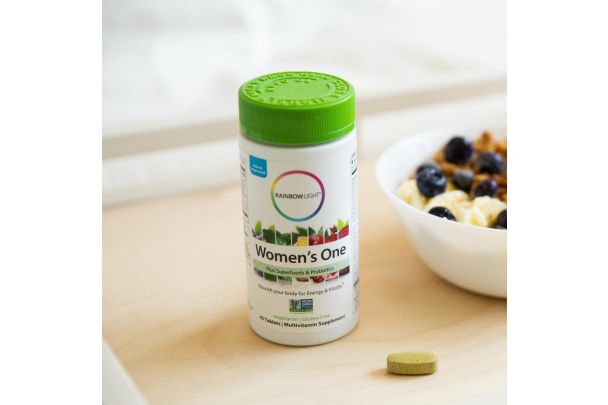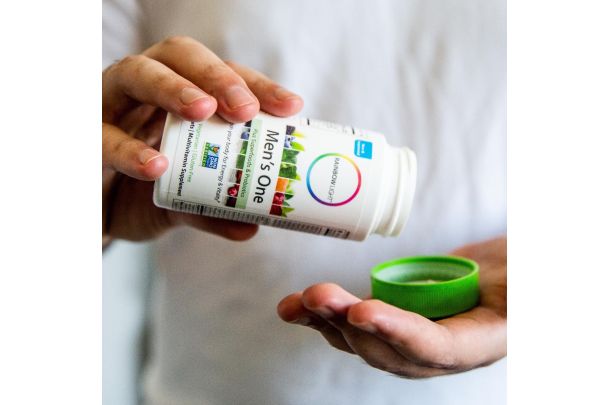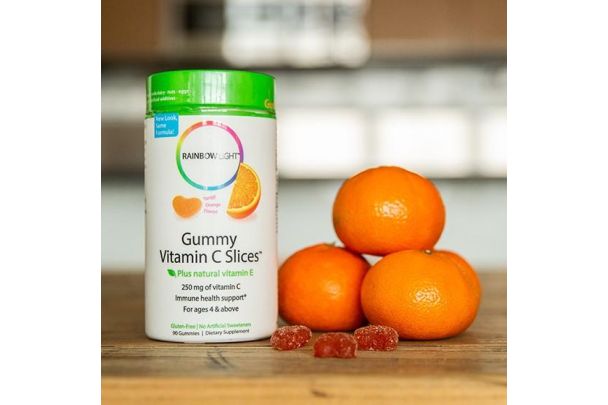
If adding a probiotic supplement to your daily nutrition regimen is on your list of personal health goals, you’re off to a strong start.
Then again, maybe you’ve been hearing a lot about probiotics and just want to find out more about what they are and how they benefit your health.
Either way, we’ve got you covered.
First things first, let’s talk about your microbiome.
Science has proven that there are literally trillions of microscopic organisms living in and around the human body. This vast collection of microbes is called your microbiome, and each person’s microbiome is unique—like a fingerprint.
Now for the really interesting part: The majority of those microbes reside in the digestive tract (also called the gut), where they make up at least 70 percent of your immune system.
Pretty neat, right?
Inside your gut, most of those microbes are good guys, working hard to maintain a balanced intestinal environment to support good digestion and immune health. However, there are also some are neutral and harmful microbes that reside there, which is why it’s important throughout life to maintain a balanced gut (meaning greater numbers of good bacteria overall).
And here’s where probiotics come in.
While plenty of good bacteria exist within our microbiome, their numbers can be altered over time by factors such as occasional stress, our environment, diet, taking certain medications, and even just the normal aging process.
When our gut microbial balance is thrown out of whack, it’s not just our digestive health that suffers; our whole body can feel the effects of an unbalanced gut.
Making sure we get additional good bacteria throughout life can increase our chances of maintaining a well-balanced gut, which is why many people take a daily probiotic supplement.
Probiotic dietary supplements are typically live microorganisms you can take to support your health by adding to your good bacteria stores.
Now, you may be wondering if you can get probiotics just by eating more probiotic-rich foods.
Live probiotics can be found naturally in non-pasteurized, fermented foods such as homemade yogurt, kefir, and fermented veggies (including sauerkraut, kimchi, miso, and tempeh). However, many of these of these foods may not contain significantly consistent levels of live probiotic cultures. Also, because many people either don’t like or eat very few of these foods, taking a daily probiotic supplement is another option.
What about prebiotics? What are those?
In simple terms, prebiotics are a type of non-digestible fiber that our beneficial bacteria use as a food source so they can grow and multiply. The result is more good bacteria in the gut, which may support healthy digestion and a strong natural defense system.
Prebiotics are mostly found in foods that are high in fiber. Dietary fiber—including both soluble fiber and insoluble fiber—really just refers to the parts of plant foods that our bodies are unable to digest and absorb, which is why it is sometimes called “roughage.”
Because prebiotics are not digested, they remain in the digestive tract, where they can do their job of feeding their probiotic partners. You can find prebiotics in almonds, bananas, dandelion greens, Jerusalem artichoke (sunchoke), wheat germ, and other foods, but you can also look for them as a supplement; many times they will be combined with your daily probiotic or multivitamin supplement.
What are some other things you can do to support a healthy microbiome?
There are many things you can do every day to support a healthy, well-balanced microbiome. Here are a few examples.
- Exercise. Studies have provided evidence that regular physical activity has a positive impact on our friendly gut bacteria and may promote the growth of beneficial bacteria in the gut. According to the Physical Activity Guidelines for Americans, adults would benefit from 150 minutes (2 hours and 30 minutes) per week of moderate physical activity.
- Manage occasional stress. Gut bacteria have been shown to be altered by stress and stress hormones; such changes may impact gut balance and overall health. Include stress management approaches in your daily life for overall wellness and a healthy microbiome.
- Get enough sleep. Research has linked sleep loss to changes in the gut microbial composition. Try to aim for at least 7 to 9 hours of sleep every night.
- Eat a healthy diet. A study published in the journal Gut found that individuals who followed a Mediterranean diet rich in healthy fats, protein, and fiber from fruit, leafy greens, nuts, and legumes had higher levels of beneficial short-chain fatty acids in their guts. SCFAs help to regulate microbial metabolism and promote overall health.
Support digestive and immune health with Rainbow Light probiotic gummies.*
Rainbow Light Probiolicious™ Probiotic Gummies deliver 1 billion CFU per serving of Lactobacillus Sporogenes, a multi-function probiotic that promotes gut, immune, and gastrointestinal health. The berry-flavored gummies also contain the prebiotics inulin and fructooligosaccharides (FOS).
Healthy gut, healthy body.
The more scientists discover about the importance of a healthy, balanced gut, the clearer it becomes that supporting optimal wellness starts on the inside. To promote internal balance, start by making simple lifestyle changes like exercising more, following a well-balanced diet, and taking a daily probiotic supplement.* Your body will thank you!




